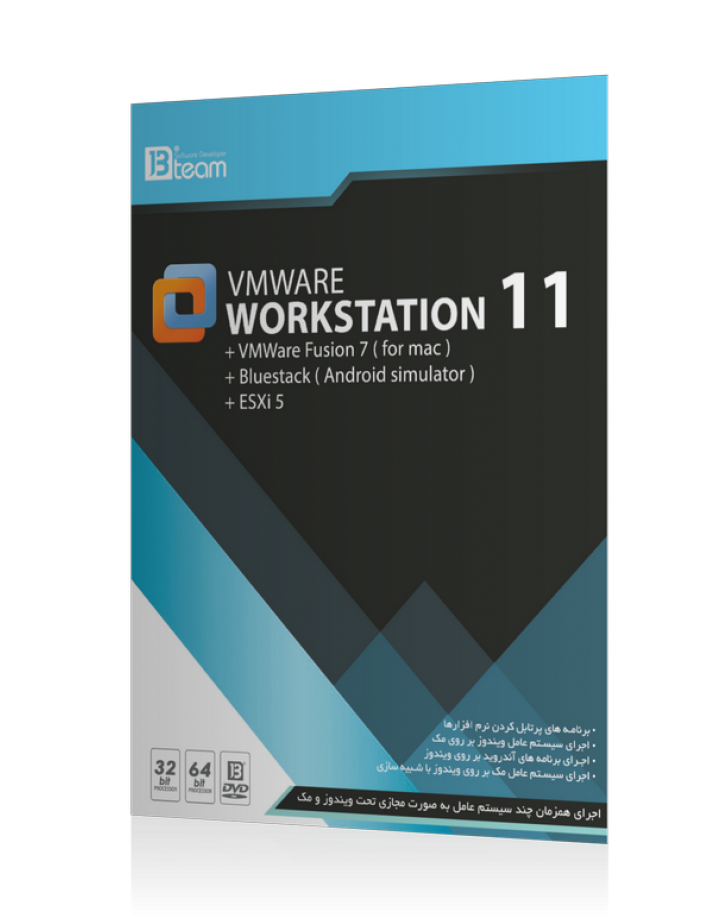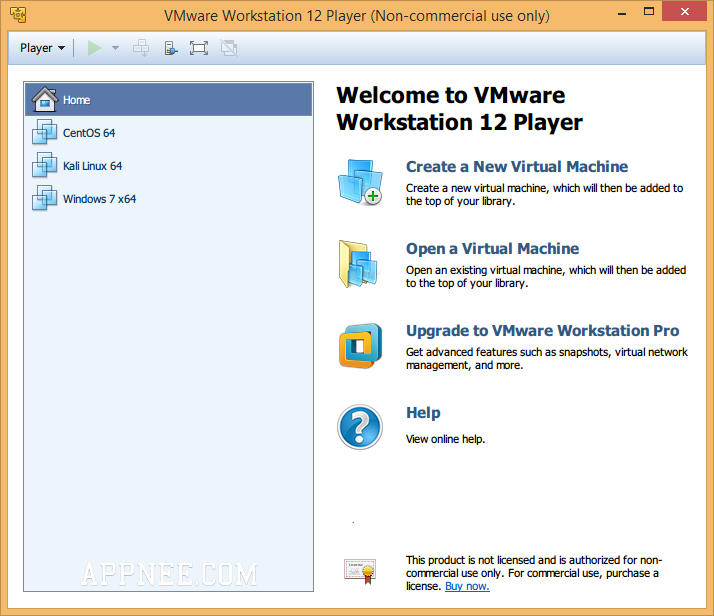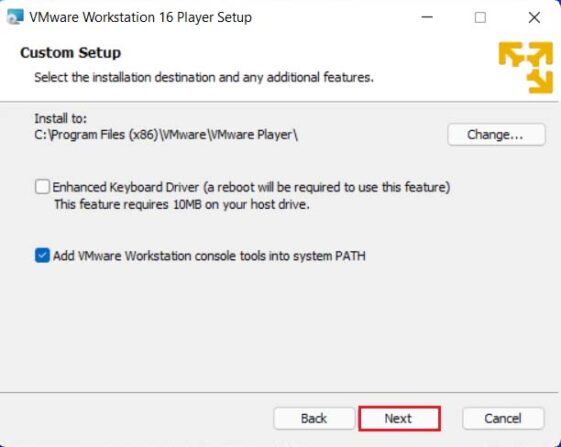



Deactivate “Memory integrity” in Windows 11 (host OS).Please note that this may not fix the problem for you. The procedure is a bit different depending on whether or not you’ve enabled Hyper-V on the host OS.

To fix the error, I had to follow the steps below. Refer to VMware KB article 81623 at for more details.” Looking at the error log of the VM when running under VMware Player 16, I found the following error message with a link to an article at VMware: “VMware Player does not support virtualized performance counters on this host. I’ve not encountered the error on VMs running earlier versions of Windows Server. My guess is that later versions of Windows will be affected as well. I came across this error on a BizTalk Server 2013 VM running Windows Server 2012 as guest OS. This error can have many causes, but as I understand it, it’s sometimes caused by VMware not supporting all virtualization features of the host OS and CPU. If you are running different versions of BizTalk Server on virtual machines using VMware Player, and your host OS is Windows 11, chances are that you’ve run into error 0xc0000005 by now.


 0 kommentar(er)
0 kommentar(er)
